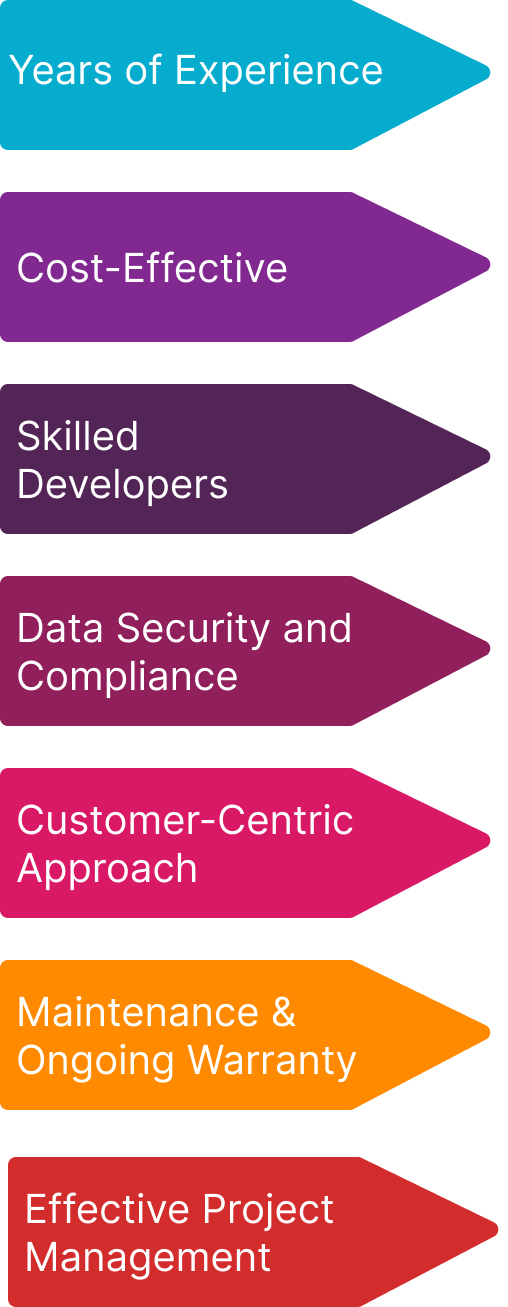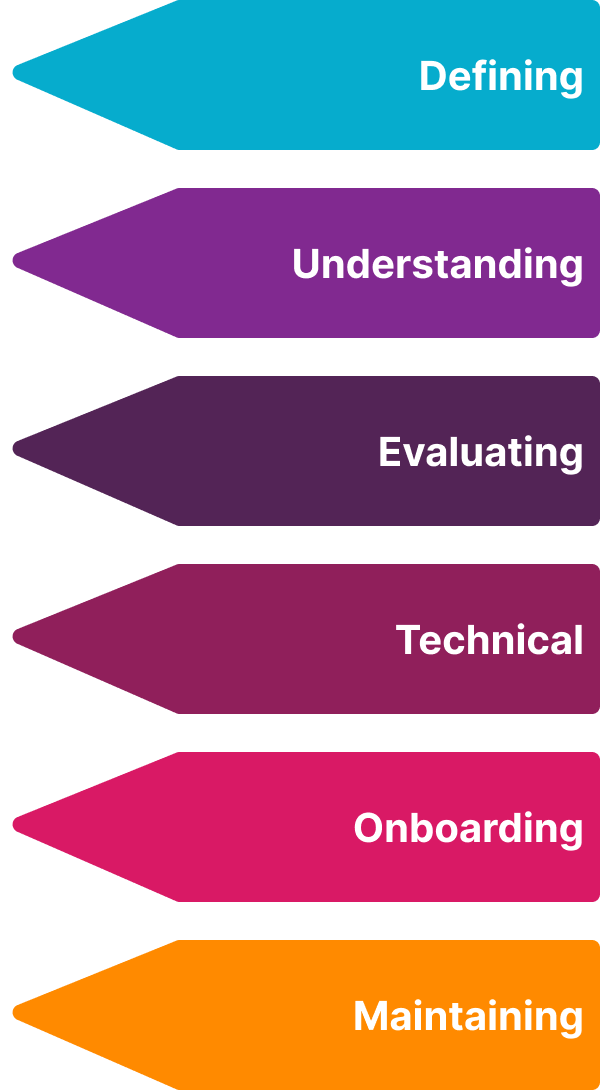AI development services
Stay ahead in the competitive landscape with the power of AI by using our AI development services for your business needs.
We are a pioneer of AI development company in India and lead the forefront of AI development solutions by providing business using cutting edge, artificial intelligent solutions by our expert AI Abdullah purse for your business needs.
Are you taking the benefits of artificial intelligence in your business vertical? What are you waiting for? We at Developers India can help you take the next leap in your business by providing you with the best AI development services in the market.
We have worked for more than 125+ companies in implementing AI solutions in the digital landscape by understanding the core of the business and providing the best solutions that cater to their target audience using artificial intelligence.
Our AI App Development Services:
-
Android App
We build high-quality Android application that uses the power of AI who enhance the user experience of your large target audience.
-
ios App
We have a team of highly talented AI app developers in India. We keep no stone unturned to deliver you the best iOS application that uses the power of AI.
-
Machine Learning Apps:
Use machine learning to your advantage by developing apps that learn and adapt on the fly to give users individualized experiences.
-
Natural Language Processing (NLP) Apps:
Create software that can comprehend and react to human language to improve user connection and engagement.
-
Computer Vision Apps:
By incorporating computer vision into your image and video analysis apps, you can lead to creative solutions across multiple sectors.
-
Predictive Analytics Apps:
With tools that make use of predictive analytics, trend forecasting, and process optimization, you can make well-informed decisions.
We are leading ai software development companies and in the current marketplace where technology is playing a critical role in driving success. Investing in AI development will keep you ahead of your competitors by doing more work in less time with high accuracy is the motto of artificial intelligence. AI is touching many expectations from improving user experiences to automating complex tasks, AI unlocks the world of possibilities for your business in the thriving era of artificial intelligence technology technology.

























